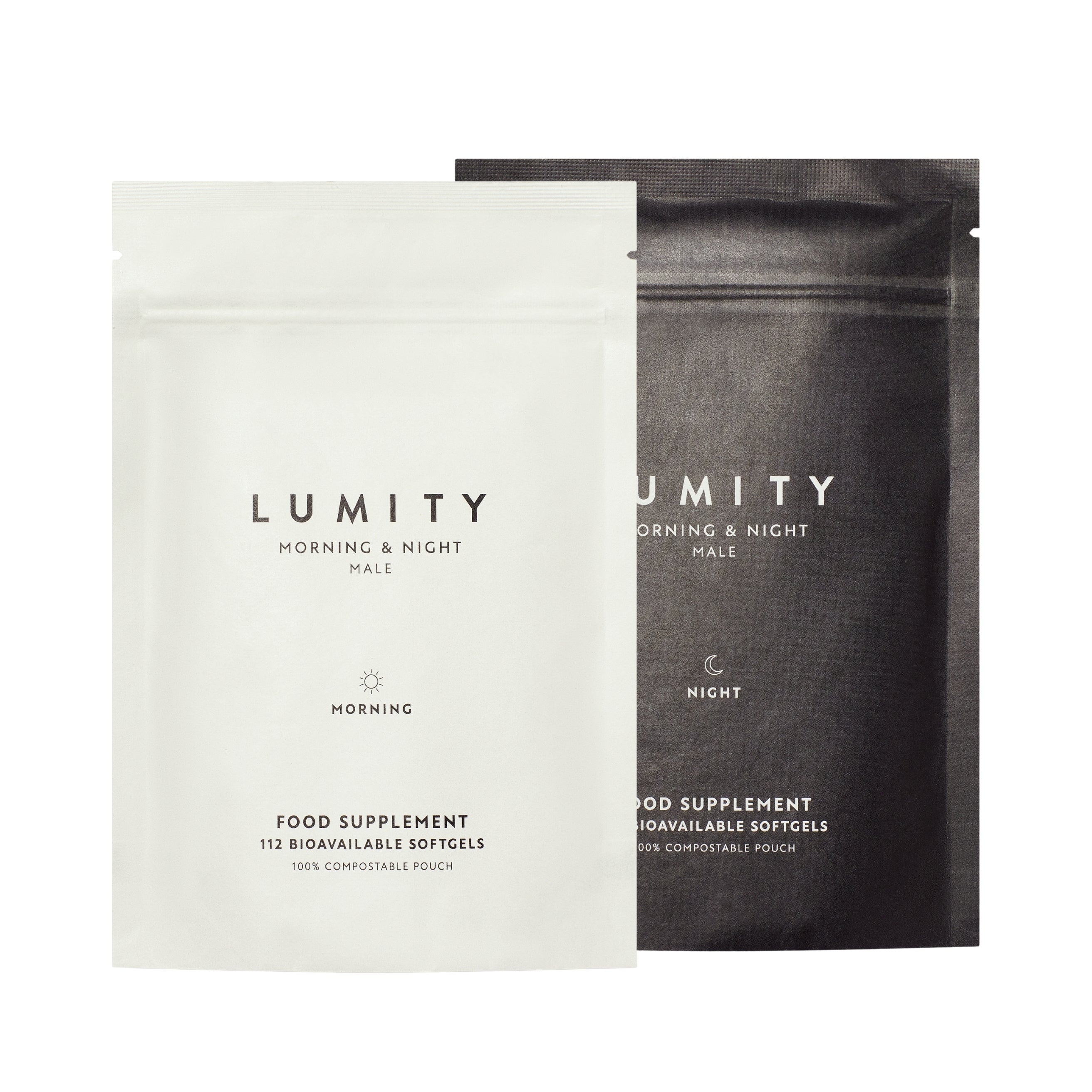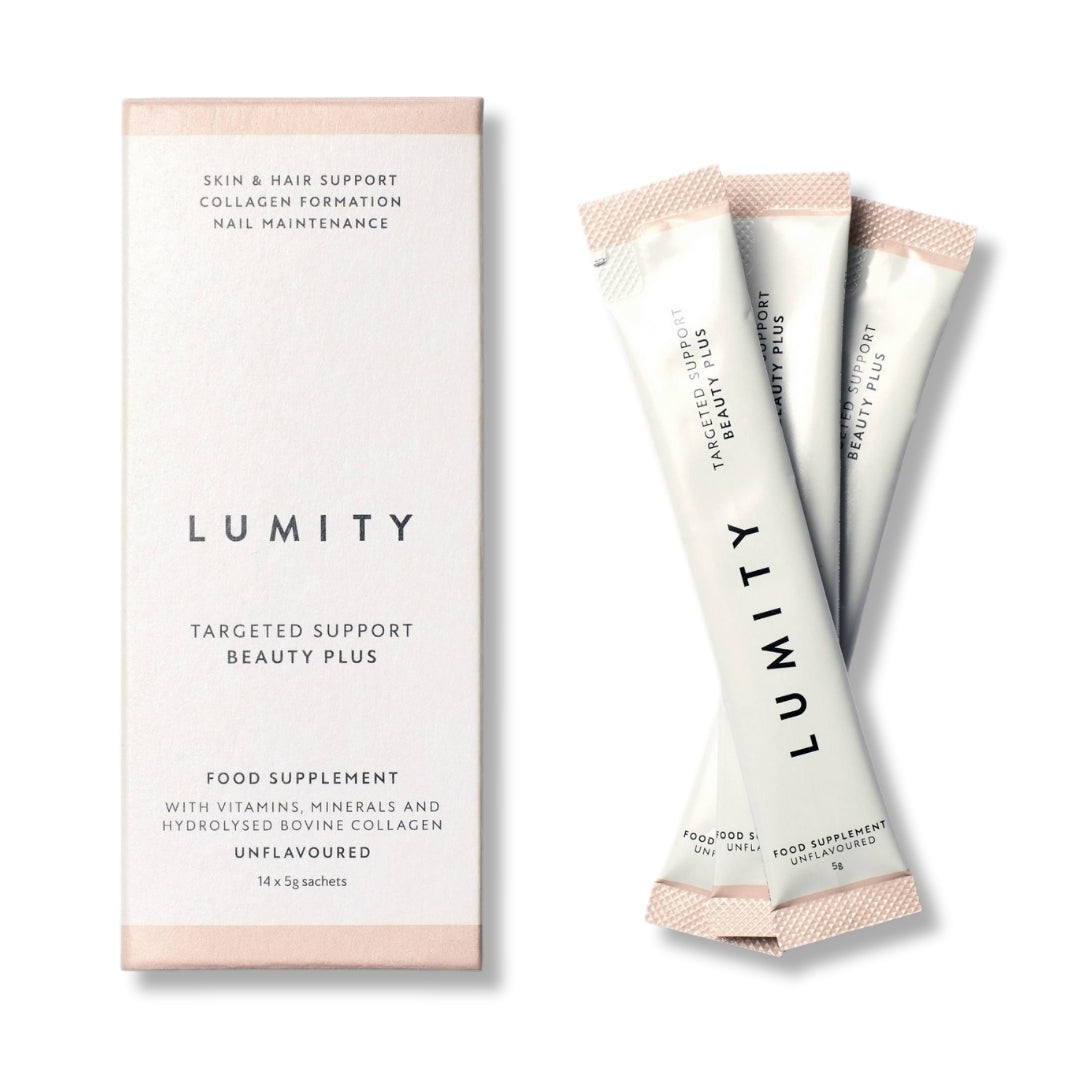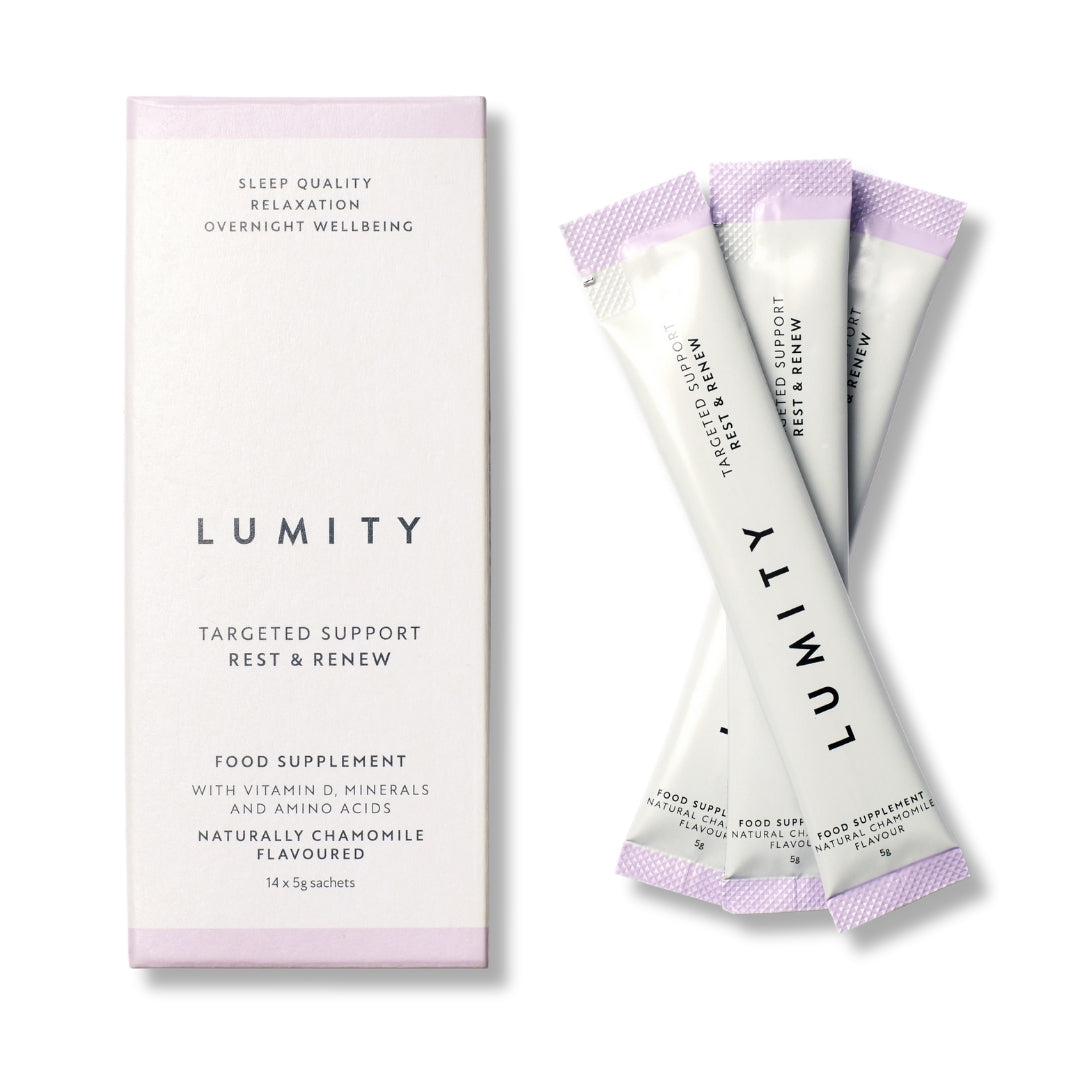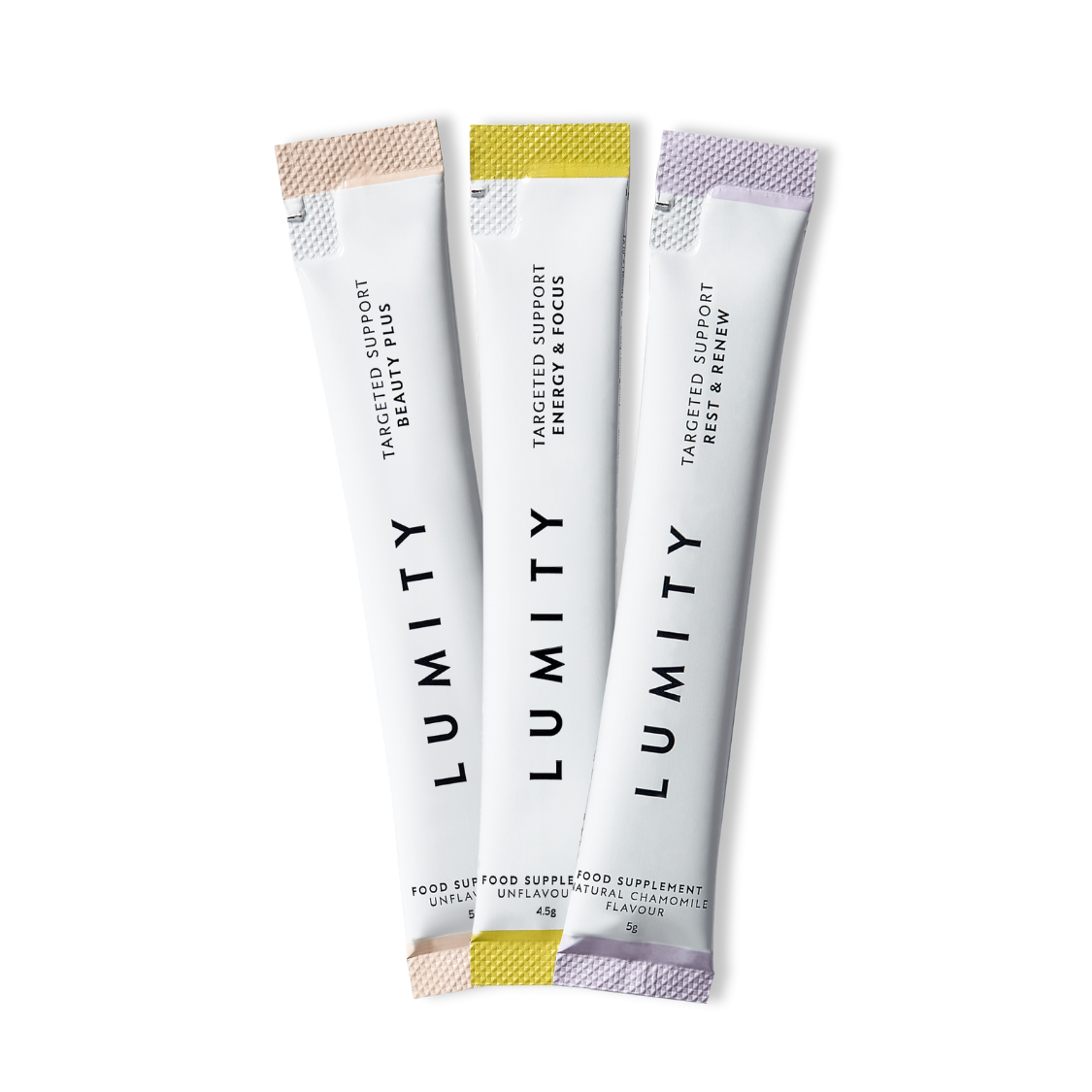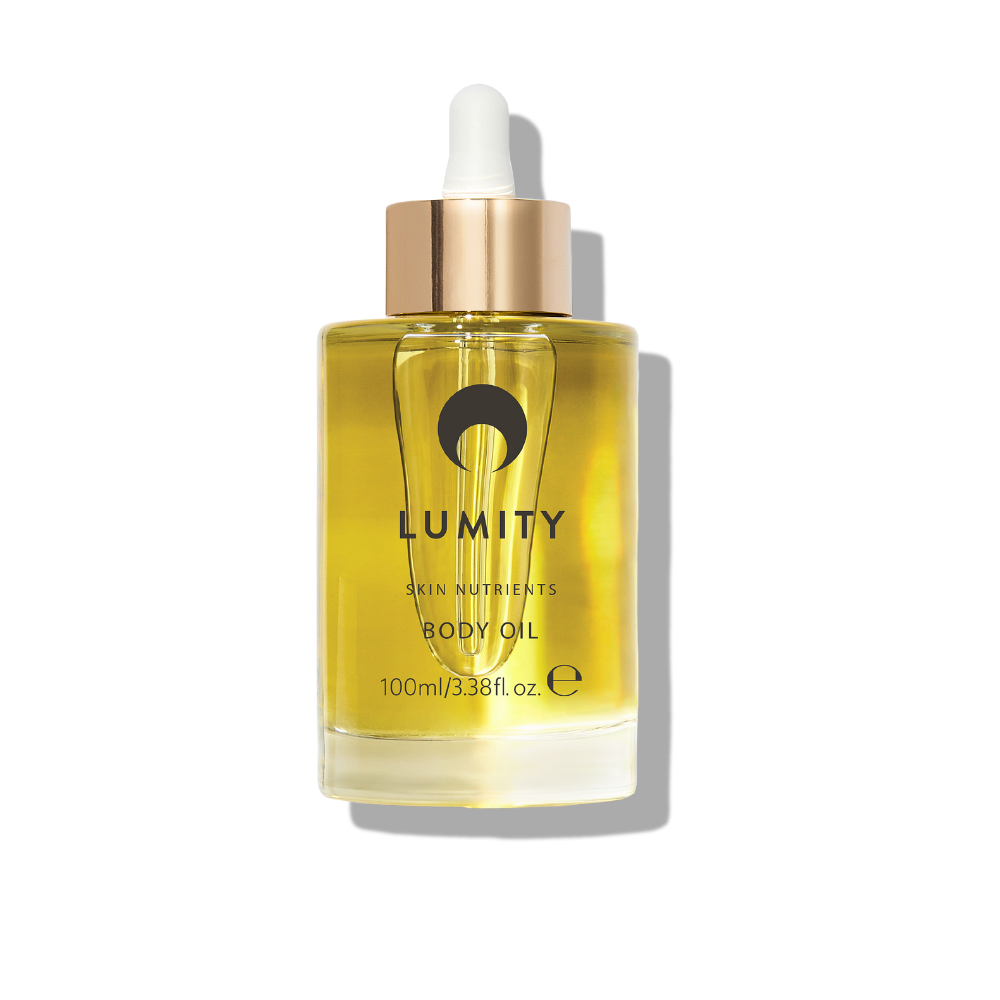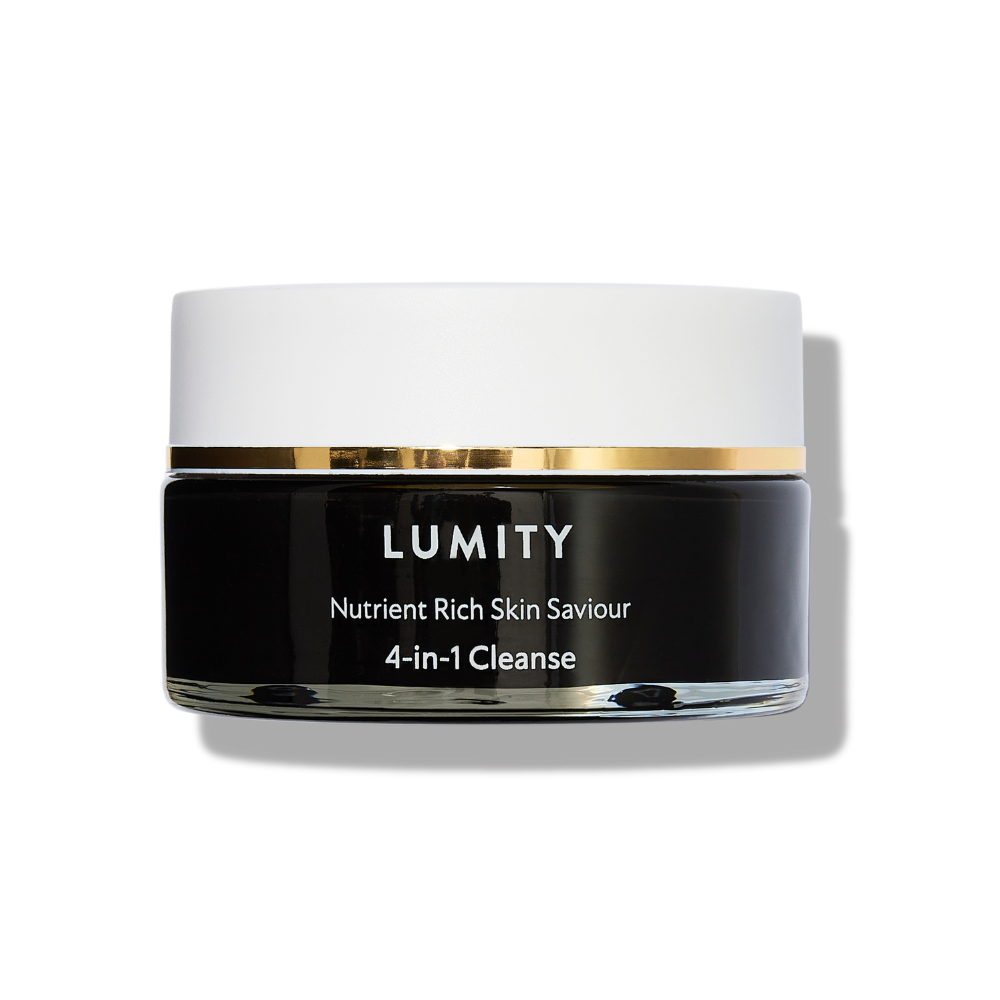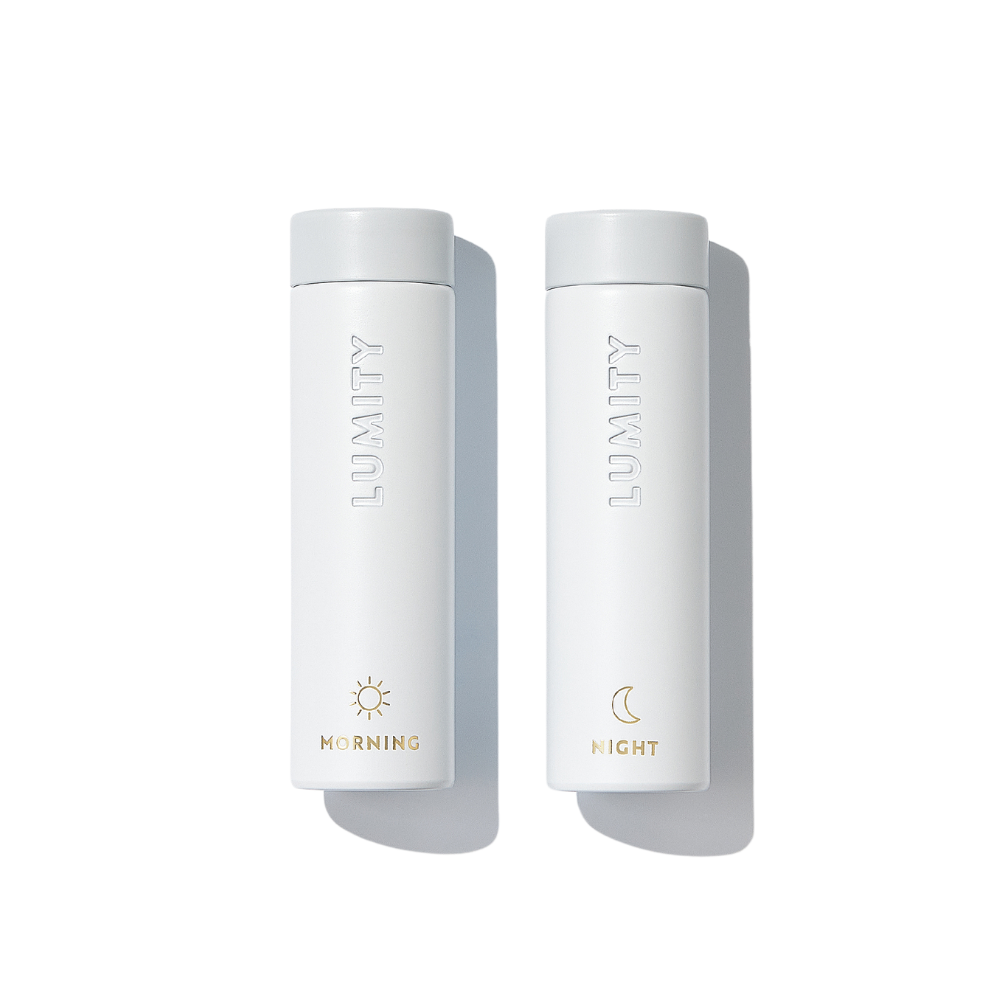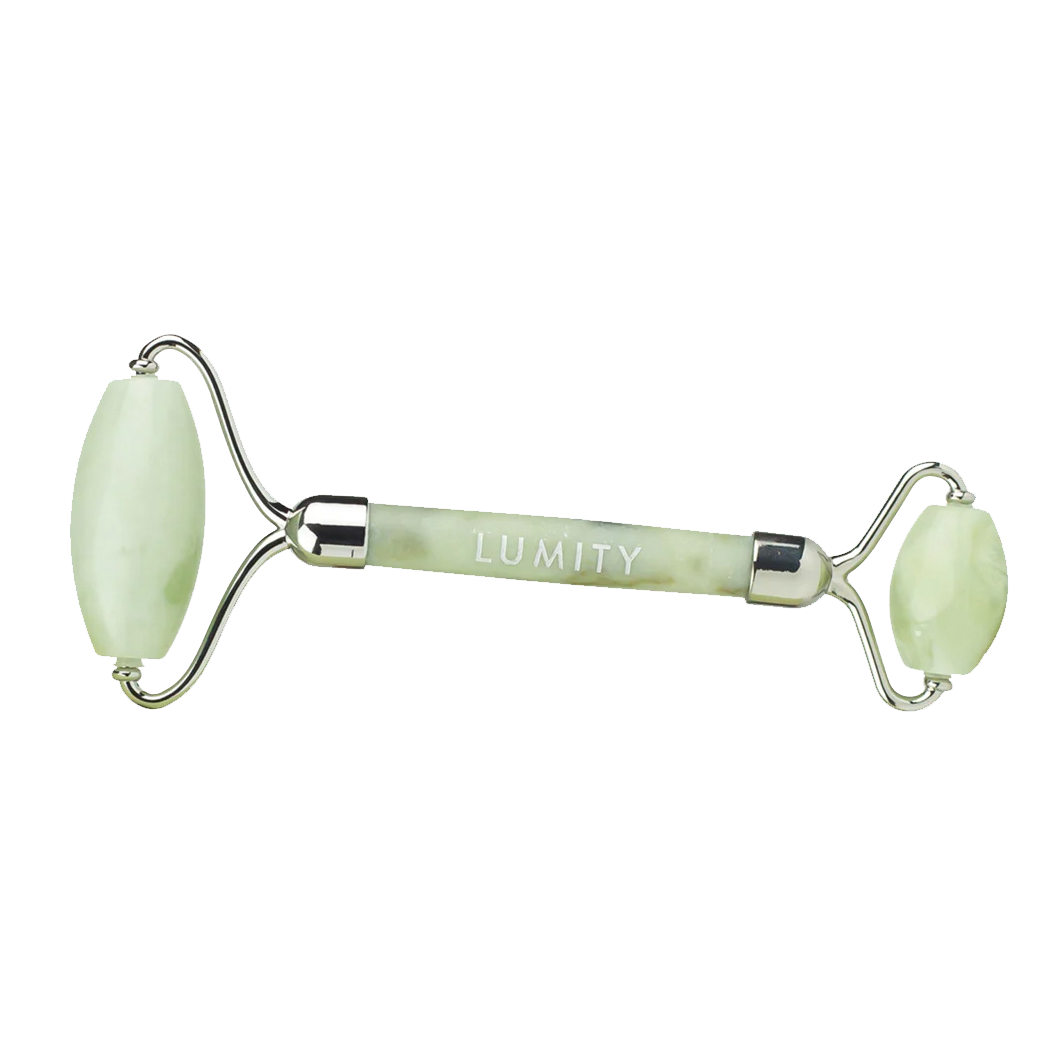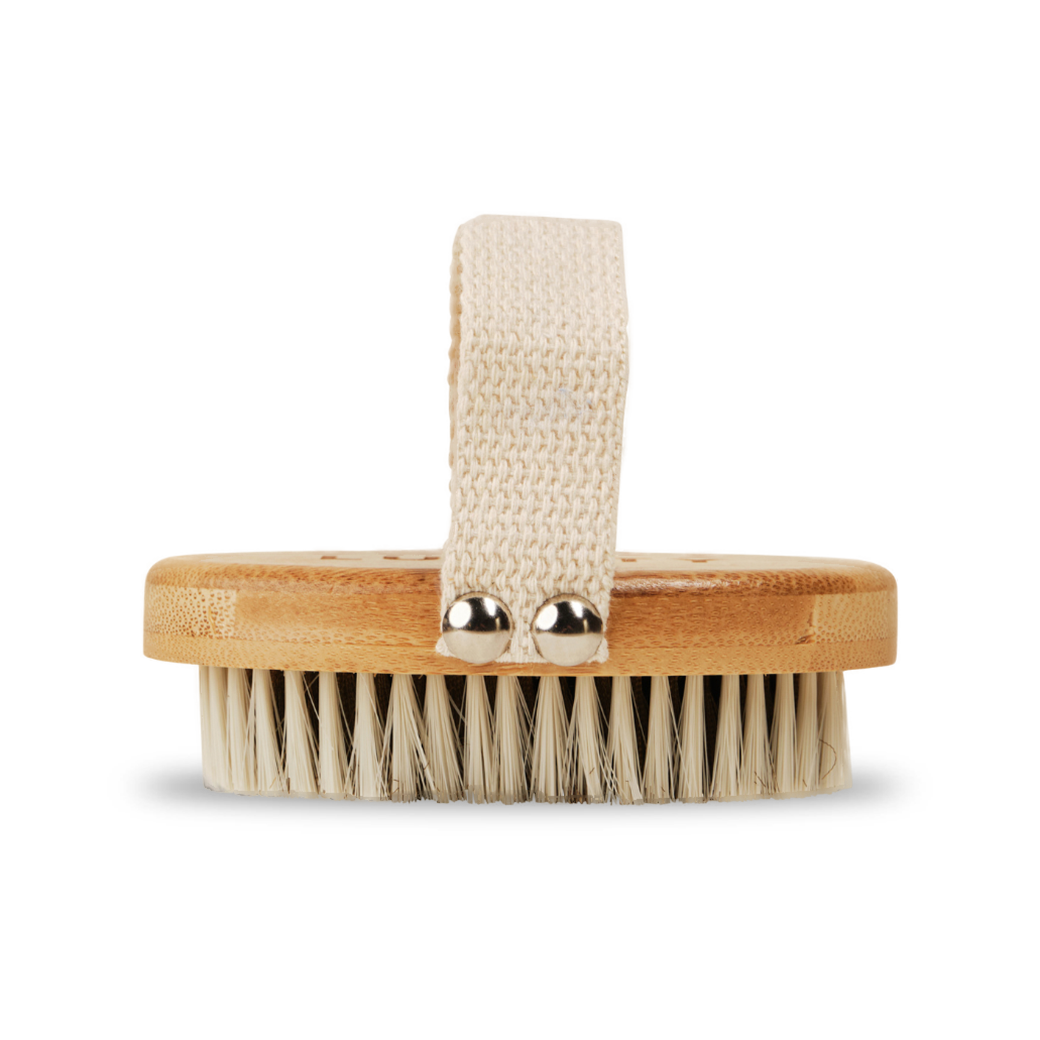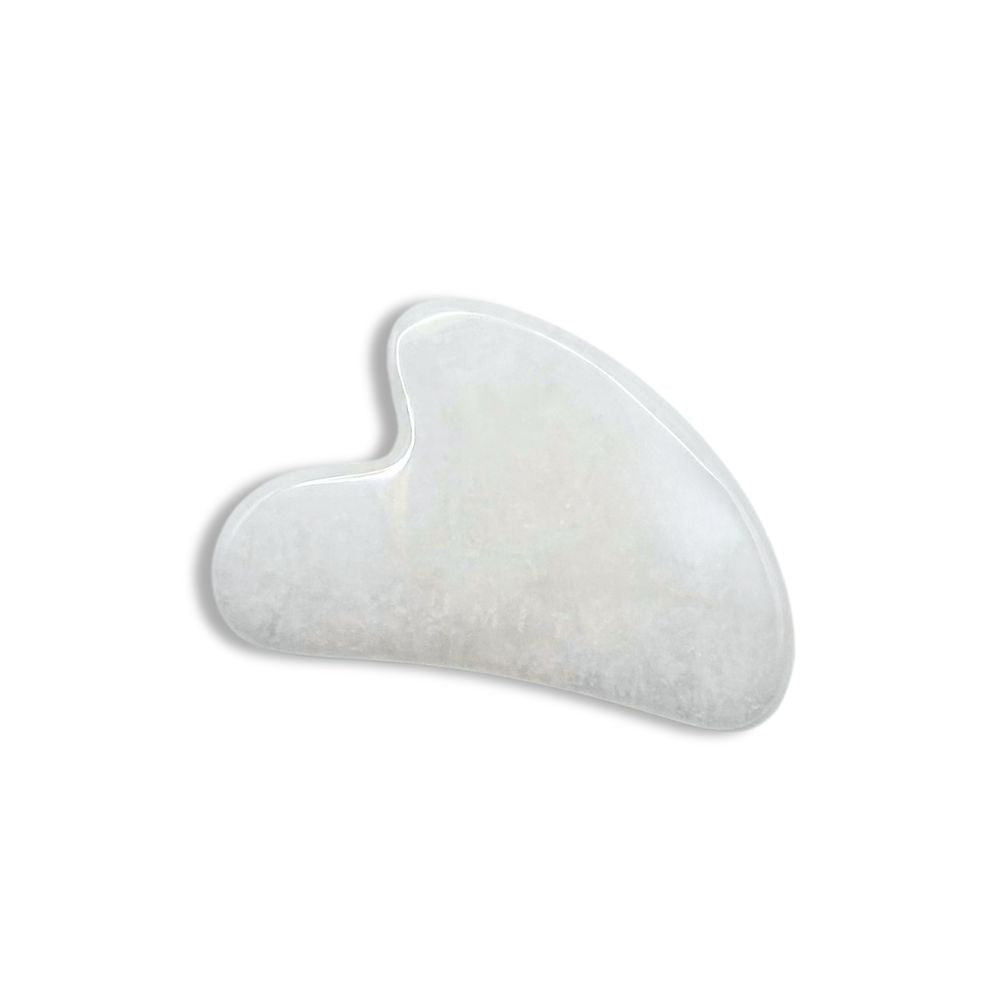7th JULY 2024
How REM Sleep Supports Your Wellbeing
Have you been waking up feeling groggy, suffering from poor sleep from a variety of reasons - night sweats, sleep apnea, or perhaps your mind was racing through the night? You may need to properly focus on getting more rapid eye movement (REM) sleep as your first step towards securing a refreshing and revitalizing night’s sleep.
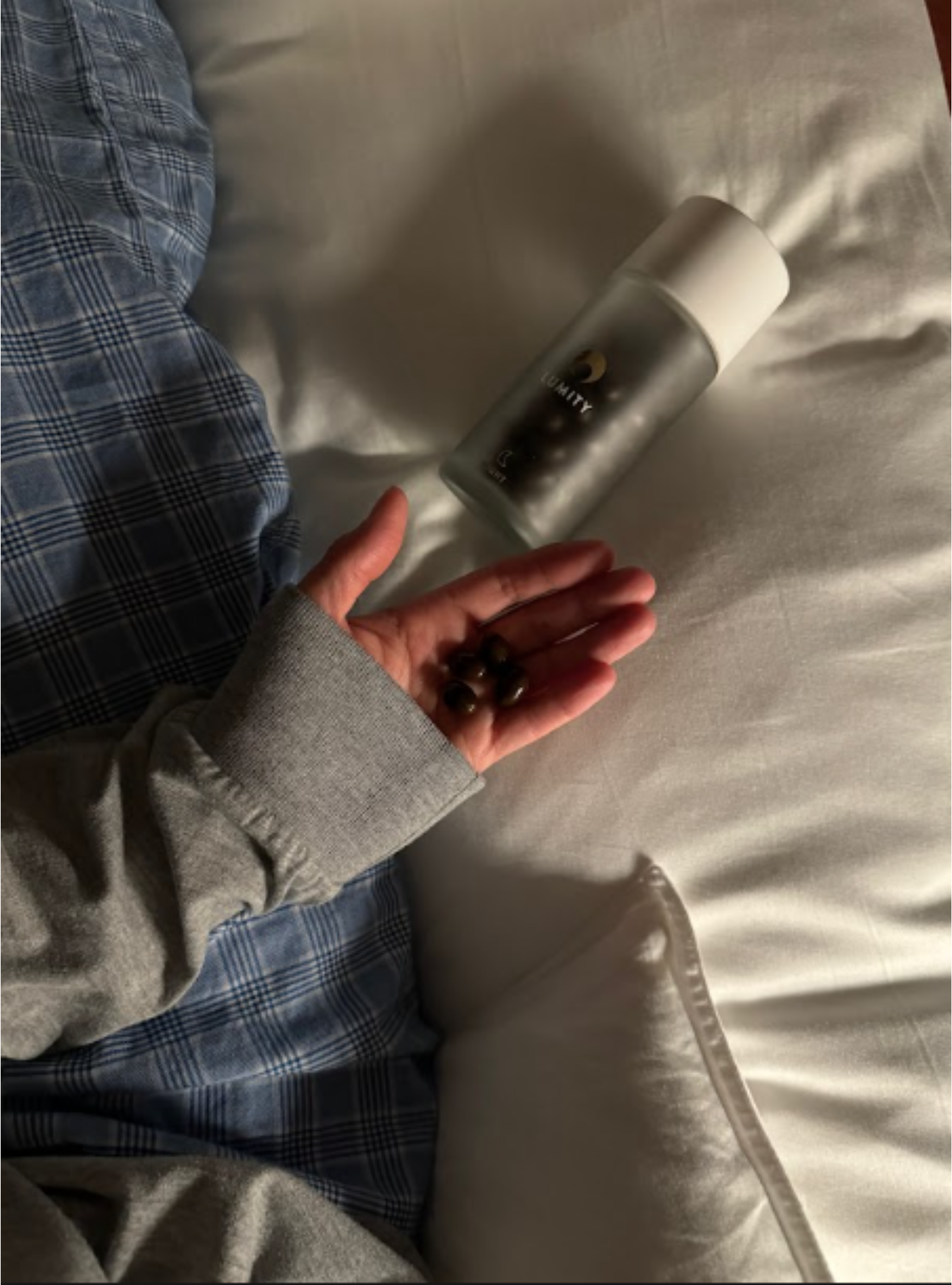
The last phase of the sleep cycle, REM makes our brains become active and are the source of our dreams. It helps us consolidate memories, and is generally considered to help restore our bodies and minds.
According to Tracey Martin, a sleep and insomnia expert, it takes around an hour and a half for us to enter the first stage of REM after falling asleep. Each stage gets progressively longer, with your last REM stage lasting approximately an hour. During these stages, our heart rate increases due to more blood flow, and breathing can become shallow or irregular.
Our brain is so active during REM sleep that you’re actually experiencing a boost of neural activity, improving our memory, learning, performance, and problem solving.
“REM sleep helps lock in newly learned behaviors, so if you are learning how to ski, and you sleep and get good REM sleep, you will ski better the next day,” Dr. Dimitriu says. It then goes without saying that REM sleep provide immense support in our brain's ability to retain new information and connect different ideas.
When REM sleep is interrupted or impacted, people suffer from irritability and mood changes. While a bad night every now and then is nothing more than a temporary pain, Dr. ‘Iao says missing out on REM sleep consistently can have serious consequences for your health.
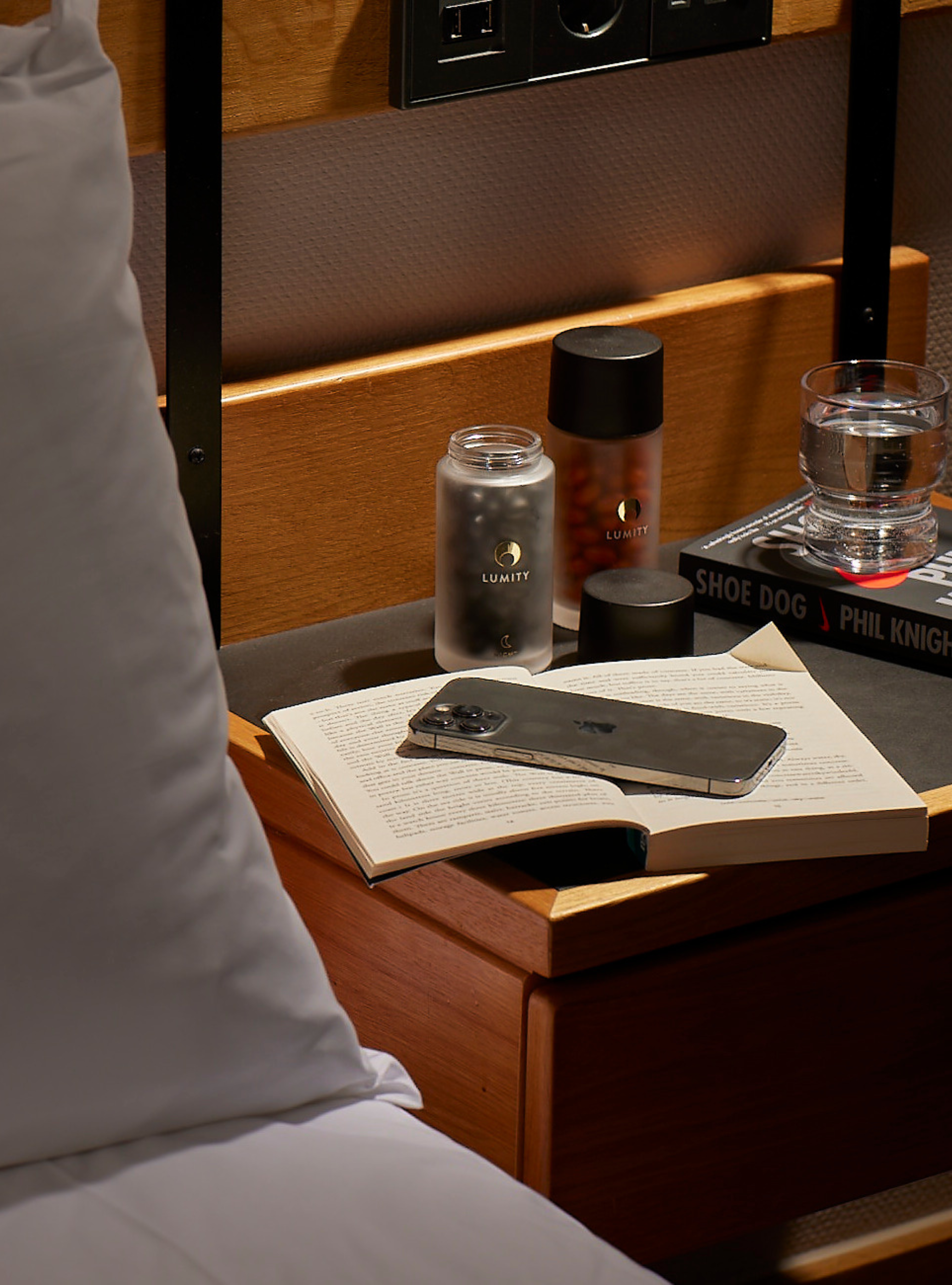
How much REM sleep do you need?
“The average healthy adult sleeper will spend approximately 25 percent of their night in REM sleep,” Martin says. That means if you get the recommended eight hours of sleep a night, you should be getting a solid two hours of REM sleep.
What causes lack of REM sleep?
There are a few potential reasons why people miss out on REM sleep. One of the simplest: not sleeping enough, period. If you’re not getting enough sleep overall, your body won’t have enough time to spend in the REM stage. So experts recommend first and foremost making sure you’re getting at least eight hours of sleep a night.
1. Make sure you’re getting enough sleep, between 7 and 9 hours.
2. Set—and stick to—a sleep schedule to increase your sleep drive (even on weekends).
3. Strengthen your circadian clock via early morning light exposure & daily physical activity.
4. Make your bedroom more sleep friendly by keeping electronics outside of the bedroom, reducing any late-night blue light exposure.
5. Keep non-bed related activities out of the bedroom so it can remain a strong cue for your brain and body to wind down.
7. Avoid unnecessary naps... Dr. Iao advises “If you must nap, take it before noon and for up to 15 minutes only."
8. Avoid alcohol use, especially two hours before bed, as it can easily disrupt your sleep. Same goes for caffeine and nicotine.
Blog posts

Why You're Not Seeing Results From Your Supplements (And How to Fix It)
We live in an age of instant gratification: answers in milliseconds, delivery in hours, swiping left on anything (or anyone) that doesn’t immediately grab our attention. Yet the body operates on an...
Read more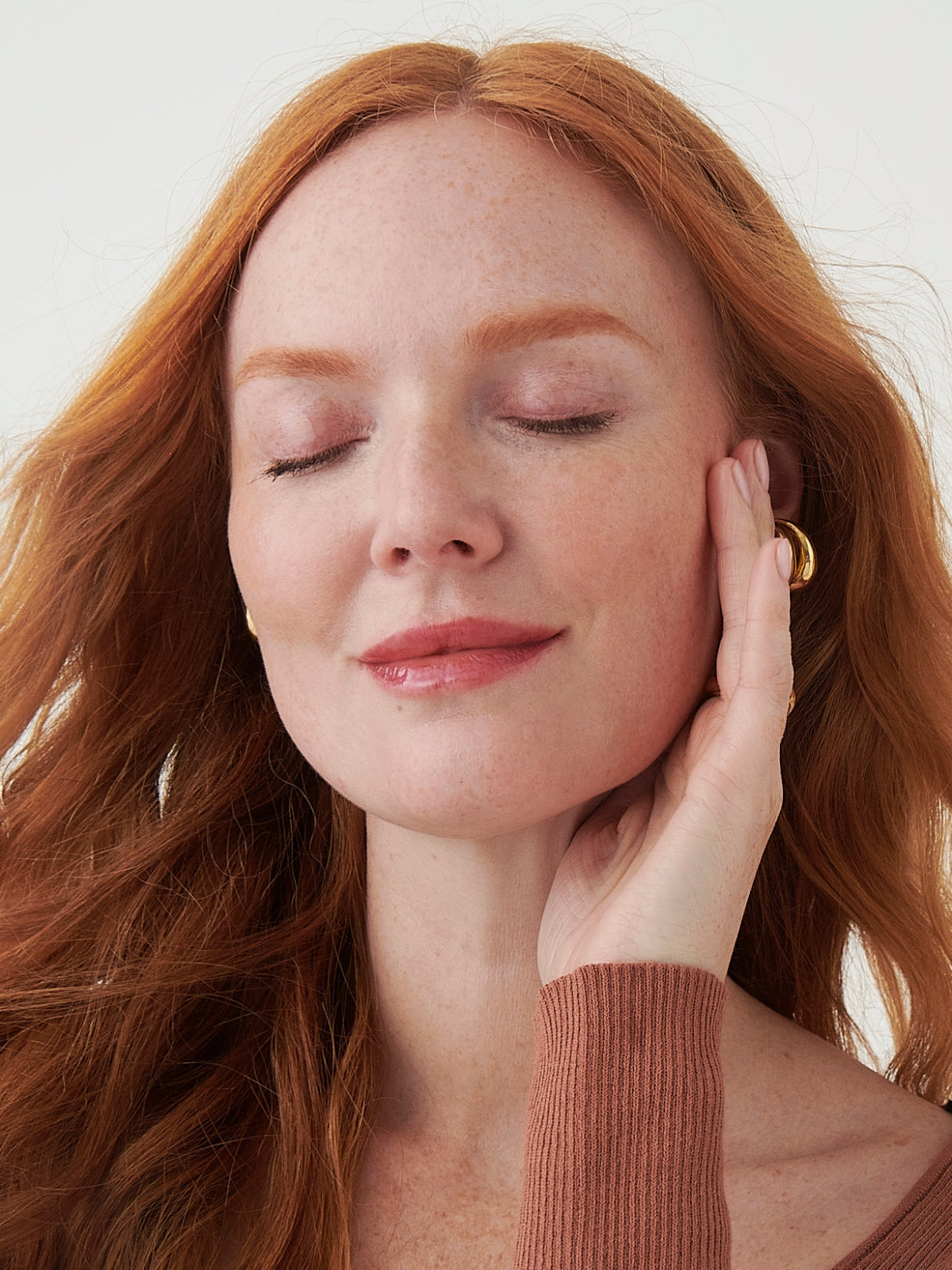
Natural Magnesium Supplements: The Form Recommended by Sleep Experts
If #wellness on TikTok and Instagram has taught us anything, it's that we're all searching for better sleep and willing to try just about anything to achieve it. From mouth taping to ‘sleepmaxxing’...
Read more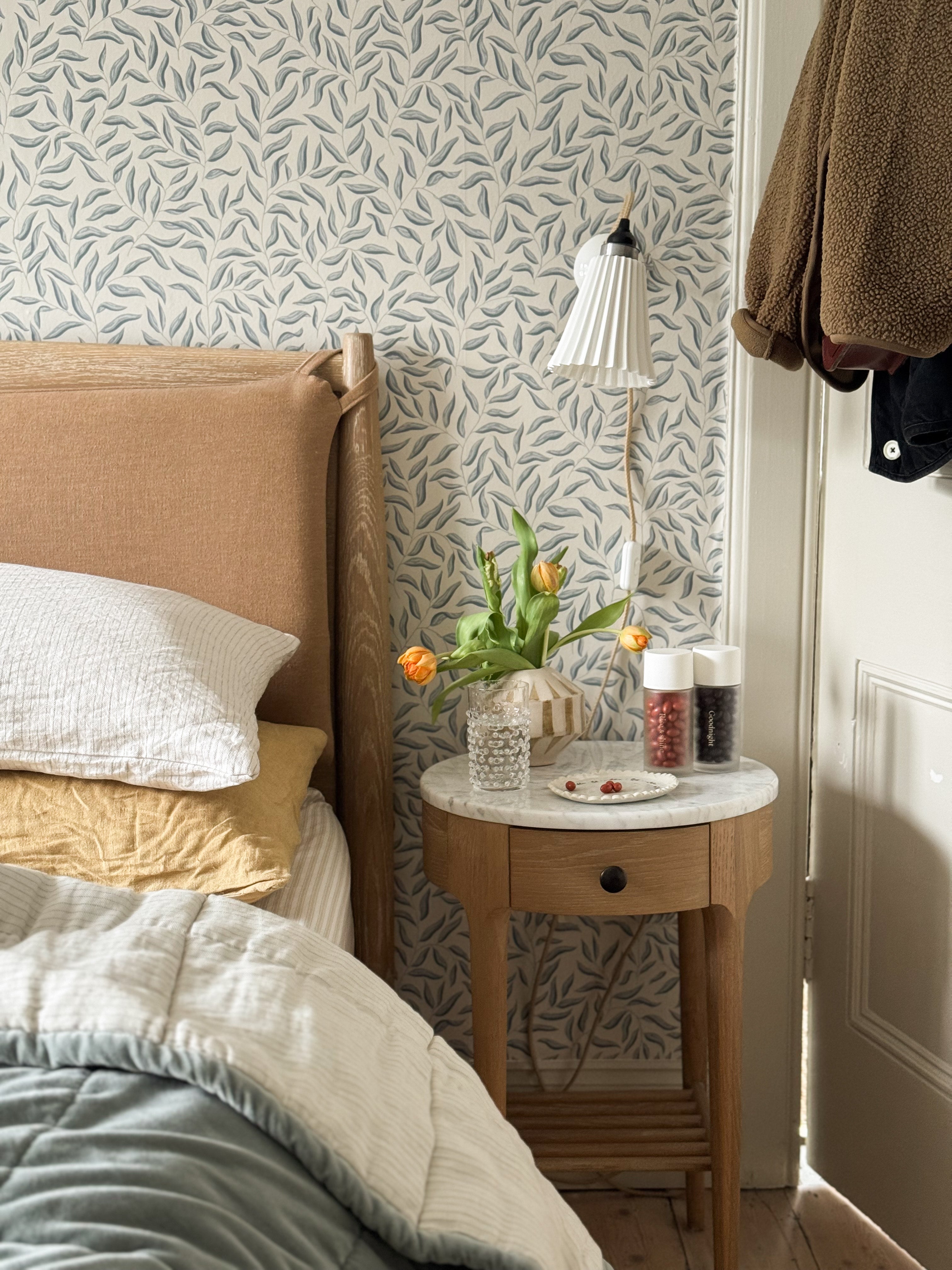
From Exhausted to Energised: Why Menopause Disrupts Your Sleep and What to Do About It
To help you get the most out of this new chapter of life, we're taking a deep dive into the science behind sleepless nights during menopause, the real health consequences of chronic sleep disruptio...
Read more



